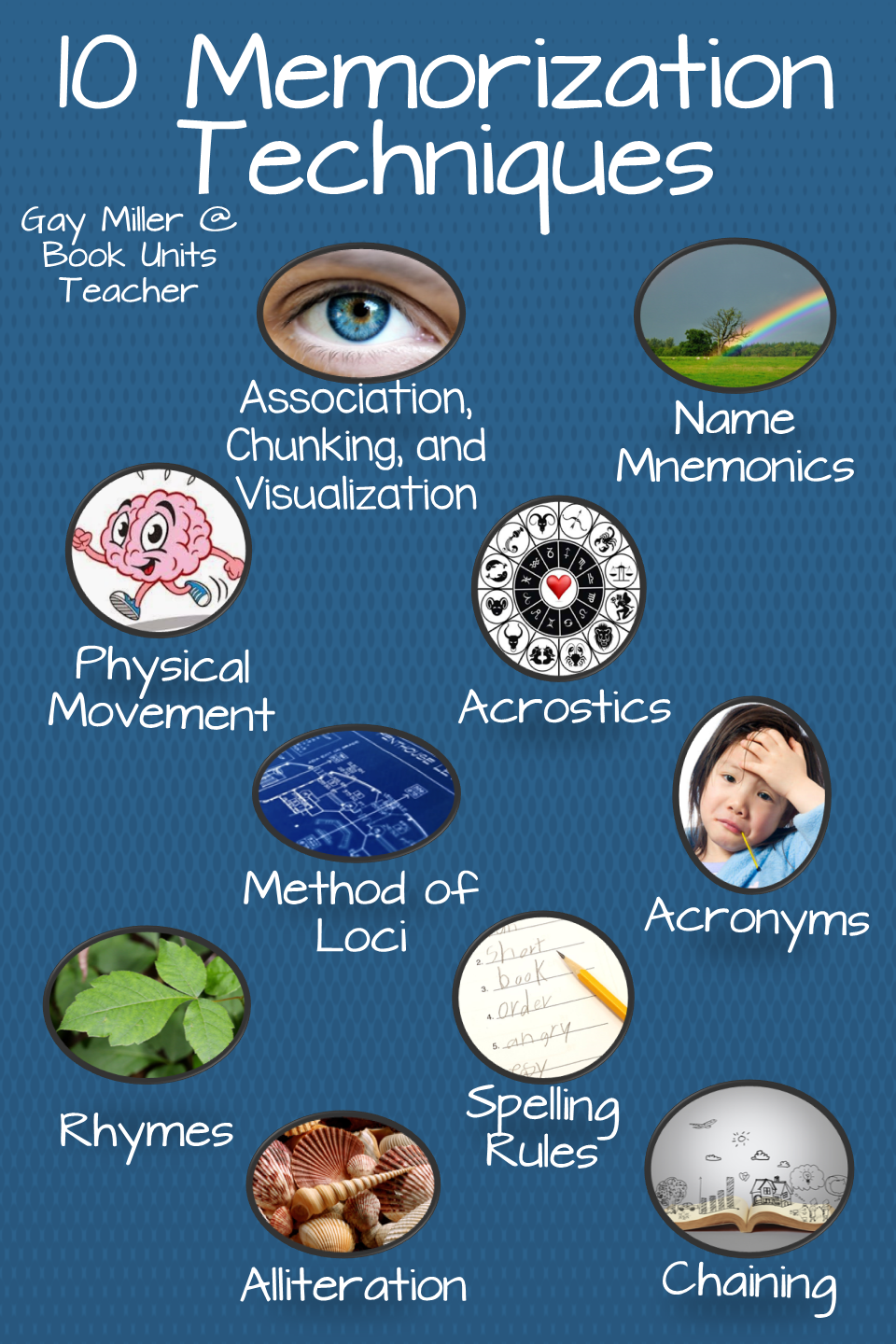Have you ever found yourself in the midst of a conversation, eager to ask questions, only to draw a blank when the moment arrives? It's frustrating, right? Well, you're not alone! Remembering questions in real-time can be a challenge, but it's an essential skill that can enhance your conversations and make them more engaging. In this blog post, we’ll explore effective strategies to help you remember your questions and maintain the flow of your discussions. Let’s dive in!
The Importance of Asking Questions

Asking questions is crucial in any conversation. It opens the door to deeper understanding, fosters connections, and enhances overall communication. Here's why it matters:
- Encourages Engagement: Questions keep the dialogue flowing. When you ask, you invite the other person to share their thoughts and experiences.
- Demonstrates Interest: By asking questions, you show that you care about the other person's opinions and feelings. It makes them feel valued.
- Clarifies Understanding: Questions help you grasp complex topics and concepts. If something isn’t clear, asking can provide the insight you need.
- Builds Relationships: Conversations built on genuine inquiry cultivate trust and rapport. The more you know about someone, the stronger your connection becomes.
- Stimulates Critical Thinking: Engaging in a questioning process can enhance your analytical skills, allowing you to think more deeply about various subjects.
In addition to all these benefits, asking the right questions can often unveil crucial insights that may not have been previously considered. Next time you’re in a conversation, remember that your questions can lead to both richer dialogue and more profound connections!
Common Reasons for Forgetting Your Questions

Ever been in a conversation where you planned to ask something important, but when the moment came, your mind went blank? You’re not alone! Forgetting questions is a common occurrence, and several factors can contribute to this phenomenon. Let’s explore some of the typical reasons that might be causing you to forget those all-important inquiries.
- Lack of Focus: When your mind is wandering or you’re distracted by your surroundings, it’s easy to lose track of what you intended to ask. Being present in the moment is crucial.
- Overthinking: Sometimes, in an effort to craft the perfect question, we can overthink to the point of paralysis. When you’re too caught up in the details, the question can slip your mind altogether.
- Anxiety: If you’re feeling nervous or anxious, your brain may struggle to retain information. This is especially true in high-pressure conversations where you feel the need to impress.
- Information Overload: Conversations can often be packed with a lot of information. If you’re trying to process everything, your brain might filter out what you originally wanted to know.
- Fatigue: Simply put, if you’re tired, your cognitive function may not be at its best. Lack of sleep or mental exhaustion can make it harder to remember your questions.
Ultimately, understanding these common reasons can help you devise strategies to avoid them. Remember, the more you understand about what leads to forgetfulness, the better equipped you'll be to manage it!
Techniques to Enhance Your Memory
If you’re tired of forgetting your questions in crucial conversations, don’t worry! There are plenty of techniques to sharpen your memory skills. Let’s dive into some effective methods that can help you remember those questions even in the heat of the moment.
- Active Listening: Engage fully with the person you’re talking to. By focusing on their words, you’re more likely to remember your own thoughts and questions related to the conversation.
- Take Notes: If appropriate, jot down notes during conversations. This will not only help you remember questions but also show that you value the discussion.
- Chunking: Break down your questions into smaller pieces. Instead of trying to remember a complex question all at once, segment it into more manageable parts.
- Visualization: Create a mental image of your question. Picture it as a bold, colorful note attached to a vivid scenario in your mind. This can make it easier to recall later.
- Repetition: Repeat your questions to yourself a couple of times throughout the conversation. This can help to reinforce them in your memory.
By incorporating these techniques into your conversational routine, you’ll find it much easier to keep track of your questions. Remember, practice makes perfect, and the more you apply these strategies, the more natural they will feel!
5. Using Note-Taking to Your Advantage
Note-taking is more than just scribbling down information; it’s a well-crafted strategy that can significantly enhance your conversational memory. When you're engaged in a discussion, jotting down key points or questions that pop up can help you keep track of your thoughts.
Here’s how you can make note-taking work for you in conversations:
- Stay Discreet: Use a small notepad or your phone to take notes without making it obvious that you’re writing. This way, you don’t distract the other person, and you stay engaged too.
- Focus on Keywords: Instead of trying to capture everything, write down keywords or phrases. These act as triggers when you want to revisit the topic later.
- Organize Your Notes: Develop a quick shorthand system or symbols that allow you to categorize your thoughts quickly. For example, a star could indicate a follow-up question, while a question mark could signify curiosity.
- Review Post-Conversation: After your chat, glance over your notes. This helps reinforce what was discussed and may lead you to new questions you hadn’t thought of during the conversation.
Incorporating note-taking into your conversations can not only help you remember your questions but also lead to deeper discussions. It shows you're engaged, interested, and ready to connect.
6. Practicing Active Listening
Active listening is a game-changer when it comes to remembering your questions. It goes beyond just hearing the words; it involves fully engaging with the speaker and showing genuine interest in what they're saying.
Here are a few tips to elevate your active listening skills:
- Maintain Eye Contact: This shows the speaker that you’re paying attention. It also helps you stay focused and minimizes distractions.
- Use Verbal Affirmations: Simple phrases like “I see,” “That’s interesting,” or “Go on…” can encourage the speaker and help reinforce your engagement.
- Repeat and Paraphrase: After the speaker shares a point, try repeating it back in your own words. This not only helps confirm understanding but also gives you a moment to form your thoughts or questions.
- Avoid Interruptions: Resist the urge to jump in with your own thoughts immediately. Let the speaker finish their point before you share yours. This creates a more flowing conversation.
Overall, practicing active listening is vital because it helps you internalize the conversation and makes it easier to formulate relevant questions, ensuring a rich and meaningful dialogue.
7. Creating Reminders Before Conversations
Ever walked into a conversation and completely forgotten the questions you wanted to ask? It’s a common experience, but with a little planning, you can make sure that doesn’t happen to you again! Creating reminders before conversations can help you stay engaged and focused. Here are a few effective strategies:
- Write It Down: Before your chat, jot down the key questions you want to ask on a sticky note or in your phone. This physical reminder can keep your mind on track.
- Set Timer Alerts: Use your phone’s alarm or reminder app to set alerts for when you need to revisit your questions. A brief nudge can bring your thoughts back into focus.
- Practice Visualization: Spend a few minutes visualizing the conversation. Imagine yourself asking those questions seamlessly. This can help reinforce the information in your memory.
- Create Mnemonics: Use memory tricks like acronyms or rhymes to remember your questions. For instance, if you have three key questions, take the first letter of each and create a word or phrase.
- Engage with Your Partner: If possible, discuss your upcoming conversation with your partner beforehand. This can create a mental association and help solidify those questions in your mind.
Implementing these reminder techniques will not only help you recall your questions but also enrich your conversations. You’ll feel more prepared and confident, making for a much more engaging dialogue!
8. Conclusion
Remembering your questions in conversations doesn’t have to be a daunting task. By adopting some simple yet effective strategies, you can significantly enhance the quality of your interactions. Implementing tips like active listening, creating reminders, and engaging thoughtfully will help you to become a more attentive communicator.
Keep in mind that conversations are not just about asking questions; they’re about building connections. The more you practice, the more natural it will feel to remember what you want to ask.
As you venture into your next conversation, give these strategies a try. You might find that your discussions become more meaningful and enjoyable, making for stronger relationships and a deeper understanding of those around you. Now, go out there and turn those conversations into memorable dialogues! You’ve got this!










